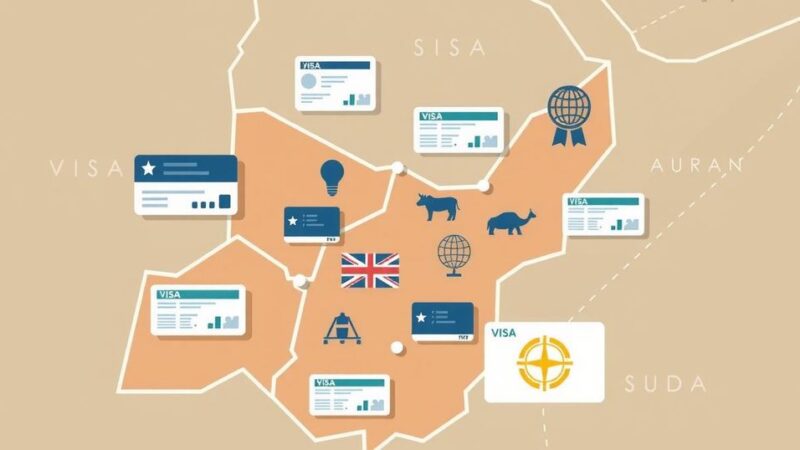Qatar plans to supply natural gas to Syria through Jordan to address electricity shortages and revive pipeline access to Europe. This initiative appears to reinforce Qatar’s influence while signaling U.S. support under the Trump administration. However, Syria’s energy infrastructure needs extensive repair before any new supplies can be utilized. The broader geopolitical implications remain to be observed as Qatari ambitions unfold.
Twelve years ago, the quest for a Qatari gas pipeline through Syria triggered significant conflict in the Middle East. The ongoing proxy war has led to the rise and fall of several factions, including ISIS and the Assad regime. As reported by Reuters, Qatar now plans to supply natural gas to Syria via Jordan with the intention of addressing the country’s electricity supply issues.
This initiative is framed as significant support for Syria’s new government, established after the ouster of Bashar al-Assad, but it primarily signals Qatar’s aim to restore a gas pipeline route to Europe. Notably, unnamed U.S. officials have indicated that the deal received tacit approval from the Trump administration, raising questions about American interests in the region amid ongoing LNG export ambitions.
An agreement has been finalized between Qatar’s development fund and Jordan’s energy ministry, which will facilitate the transit of natural gas to Syria without further involvement from Washington or references to the new Syrian leadership. Jordan’s energy minister has confirmed that the initiative will be entirely funded by Qatar, with gas transported via the existing Arab Gas Pipeline from Aqaba to Syria.
The gas supply is expected to enhance the output of the Deir Ali power plant in southern Syria, initially adding 400 megawatts of power daily. This contribution is crucial as Syria currently faces severe electricity shortages, particularly after disruptions caused by the installation of the Islamist group Hayat Tahrir al-Sham in power.
Despite recent U.S. involvement aimed at supporting Kurdish forces and mitigating power shortages, Syria’s energy infrastructure requires significant repairs. Jordan has obtained permission to supply limited electrical power while the country addresses its grid issues. Experts note that substantial work remains before any new energy supplies can be effectively integrated into Syria’s ailing system.
The Qatari gas initiative is also seen as a strategic move to garner Gulf Arab support for Syria’s new rulers. While Gulf nations have been hesitant in providing direct assistance due to U.S. sanctions, the expanding geopolitical landscape may soon enable the flow of Qatari gas into Turkey and subsequently Europe, indicative of the enduring complexity of Middle Eastern energy dynamics.
The development of Qatar supplying natural gas to Syria via Jordan marks a significant shift in the region’s energy landscape, addressing both electricity shortages and Qatar’s ambitions to access European markets. Despite substantial hurdles including U.S. sanctions and infrastructural repairs, this initiative underscores evolving geopolitical dynamics and the intertwined interests of regional powers. The situation highlights both immediate humanitarian needs and longer-term strategic objectives within the broader context of Middle Eastern conflicts.
Original Source: oilprice.com






